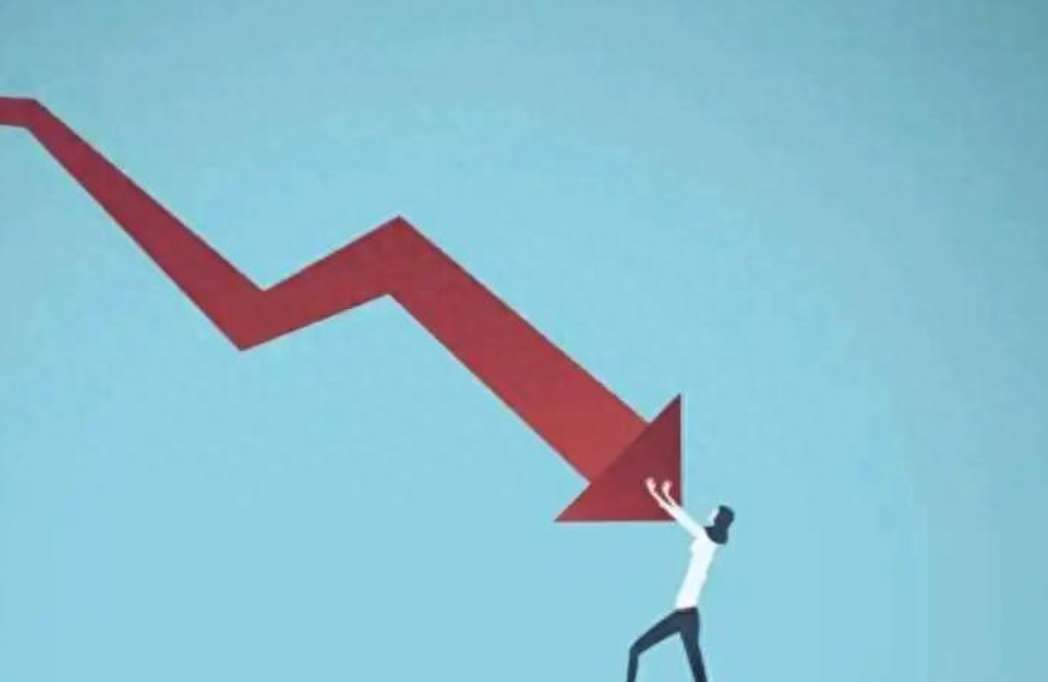AH Premium Continues to Decline!
Advertisements
Since February of this year, a significant narrative of asset revaluation in China, ignited by DeepSeek, has led to a swift surge in the Hang Seng Index. This development has resulted in a noticeable divergence between the performance of the A-share and H-share markets. Data reveals that from February onward, the cumulative increase of the Hong Kong stock market's Hang Seng Index exceeded 15%, while the A-share Shanghai Composite Index saw a modest rise of less than 4%. Consequently, the AH share premium index has been on a downward trajectory, suggesting that A-shares may currently offer greater value for investors.
The consistent decrease in the AH share premium index indicates a growing discrepancy between the valuation of A-shares and H-shares. Since February, the divergence in market trends has seen the Hang Seng-Hushen Stock Connect AH share premium index decline. On February 24th, this index dipped to as low as 131.96 points during intraday trading, with a reported average of around 134 points on February 25th.
Launched in July 2007, the Hang Seng-Hushen Stock Connect AH share premium index tracks the average price difference between the A-shares and H-shares of mainland companies (referred to as AH companies), which are listed in both markets, focusing on those with the highest market capitalization and trading volume. A reading of 100 on this index indicates that, on average, A-share prices are equal to H-share prices, while values above or below 100 reflect whether A-shares are trading at a premium or discount compared to H-shares.
This index previously peaked at 208 points in January 2008, indicating a staggering 108% premium for A-shares over H-shares. In contrast, it hit its lowest point in April 2006, where A-shares were trading at a 15% discount to H-shares. Since the end of 2014, the AH share premium index has generally remained above the value of 100.
Several factors contribute to the discrepancy in pricing for identical companies listed as both A-shares and H-shares. According to E Fund Management, the primary reasons stem from differences in market interest rates and investor preferences. A-share investors tend to have a shorter holding period and display a higher risk tolerance. Conversely, Hong Kong investors generally have longer investment horizons and prioritize the long-term safety margins of their investment targets, contributing to variations in the pricing of the same stock across the two markets.
Moreover, the reference interest rates for the mainland and Hong Kong markets are distinctively different. The A-share market primarily correlates with the yield of Chinese government bonds as its market rate, whereas in Hong Kong, the currency operates under a linked exchange rate system with the US dollar, resulting in Hong Kong government bond yields being closely tied to US Treasury yields. Consequently, investors in the Hong Kong market often look to US Treasury yields when valuing stocks.

The liquidity differences between the A-share and H-share markets further impact the price variance of AH shares. Generally, A-shares exhibit a much more active trading environment compared to H-shares, characterized by higher turnover rates and comparatively greater market liquidity. This scenario establishes what is labeled as a "liquidity premium," implying that equities in the more liquid market—A-shares in this case—are often valued higher.
As the AH share premium index continues its descent, institutional perspectives largely agree that the current investment value proposition in A-shares surpasses that of H-shares.
On February 23rd, investment bank Goldman Sachs issued a report stating that, underpinned by valuation advantages and supportive policy expectations, A-shares are poised to experience a rebound over the next three months, predicting an excess return of 2%.
Goldman Sachs highlighted that, historically, the relative returns on A-shares and H-shares tend to fluctuate within a ±10% range over three months, with a high probability of reversal when these returns deviate from this range. Historical analysis suggests that if the return discrepancy exceeds 15%, there is a 95% likelihood of a reversal occurring.
Specifically, their analysis implies that small-cap stocks may outperform this trend, with indices such as the Sci-Tech 50 Index, ChiNext Index, and CSI 1000 likely benefiting due to a higher exposure to artificial intelligence industries and a greater proportion of retail investors, which could reap rewards from improving market sentiment. Among large-cap indices, the newly launched CSI 500 Index may outperform the Shanghai and Shenzhen 300 Index, given its increased exposure to technology and innovation sectors.
Research from Everbright Securities suggests that the continual support from policies and capital inflows driven by profit-making effects will likely elevate market valuations further. Currently, the valuation in the A-share market stands near its average since 2010, and with proactive policy measures, medium- to long-term funds, along with incrementally deployed capital from prior profit effects, may fast-track the inflow into the A-share market, propelling valuations upward.
Furthermore, according to CITIC Construction Investment's observations, domestic investors have shown a growing interest in equities over bonds, with a notable decline in interest towards dividend strategies within stocks. For global capital, there is an increasing consensus on the revaluation of Chinese technology stocks. The stabilization of the renminbi's depreciation signals a crucial indication, where the significant rebound of the renminbi exchange rate resonates with the recovery of China-US economic and trade expectations.
Leave Your Comment